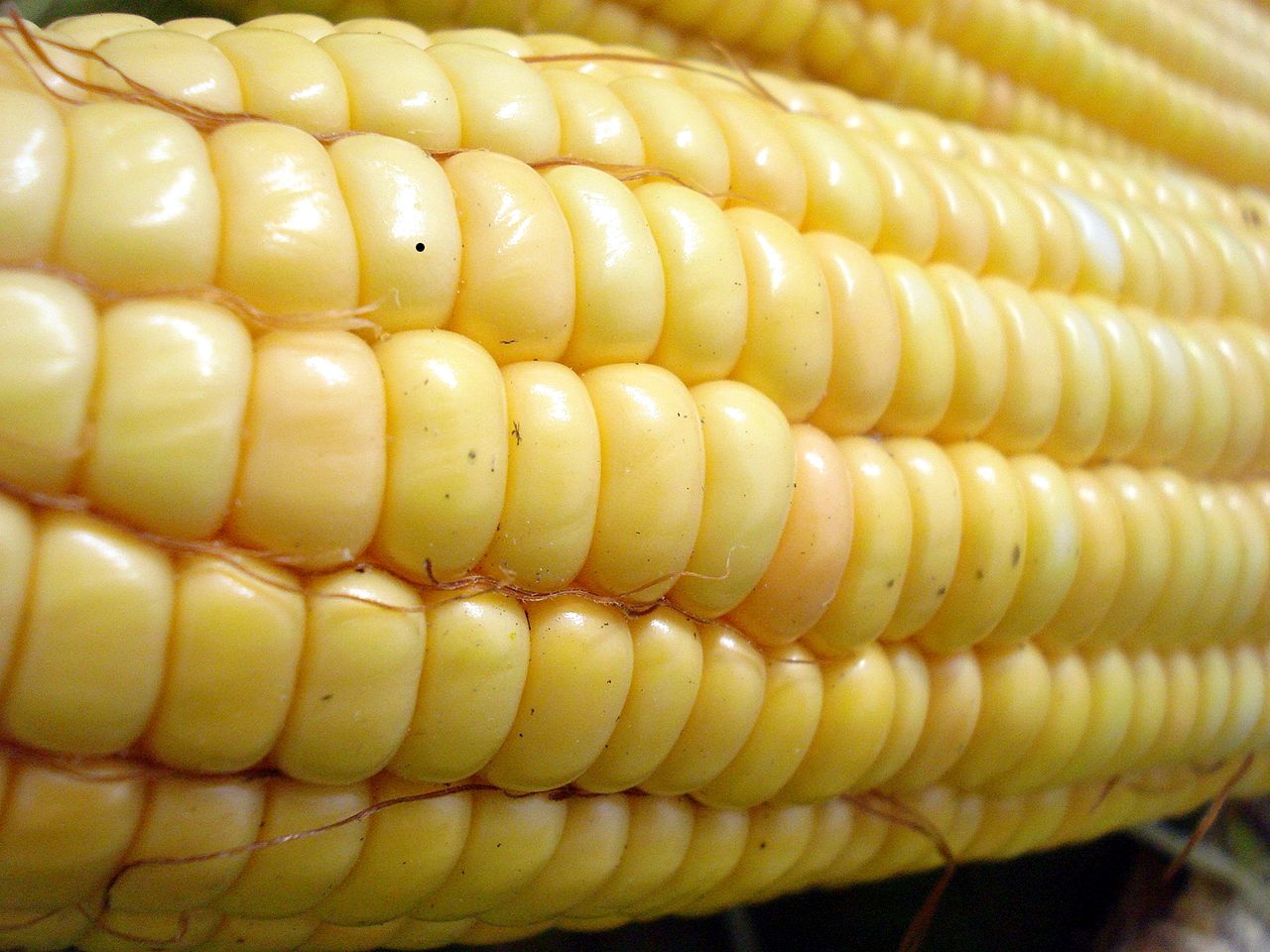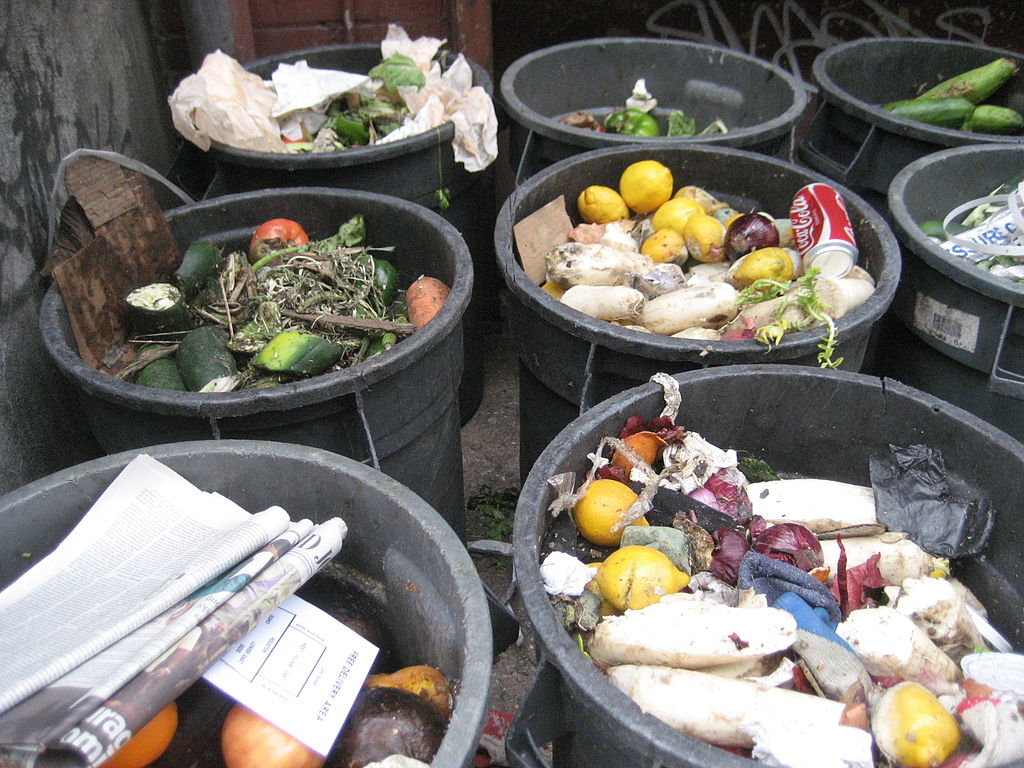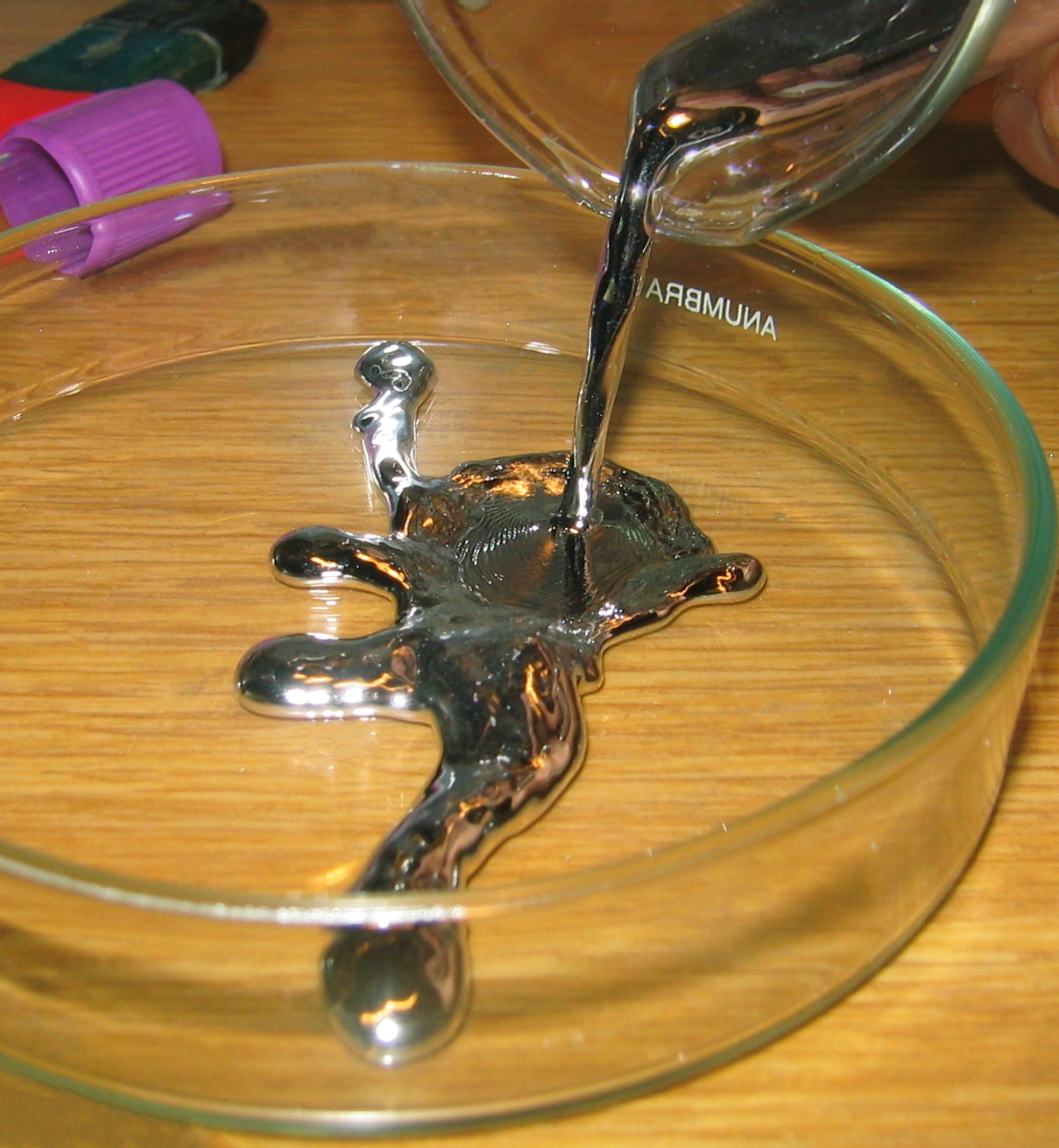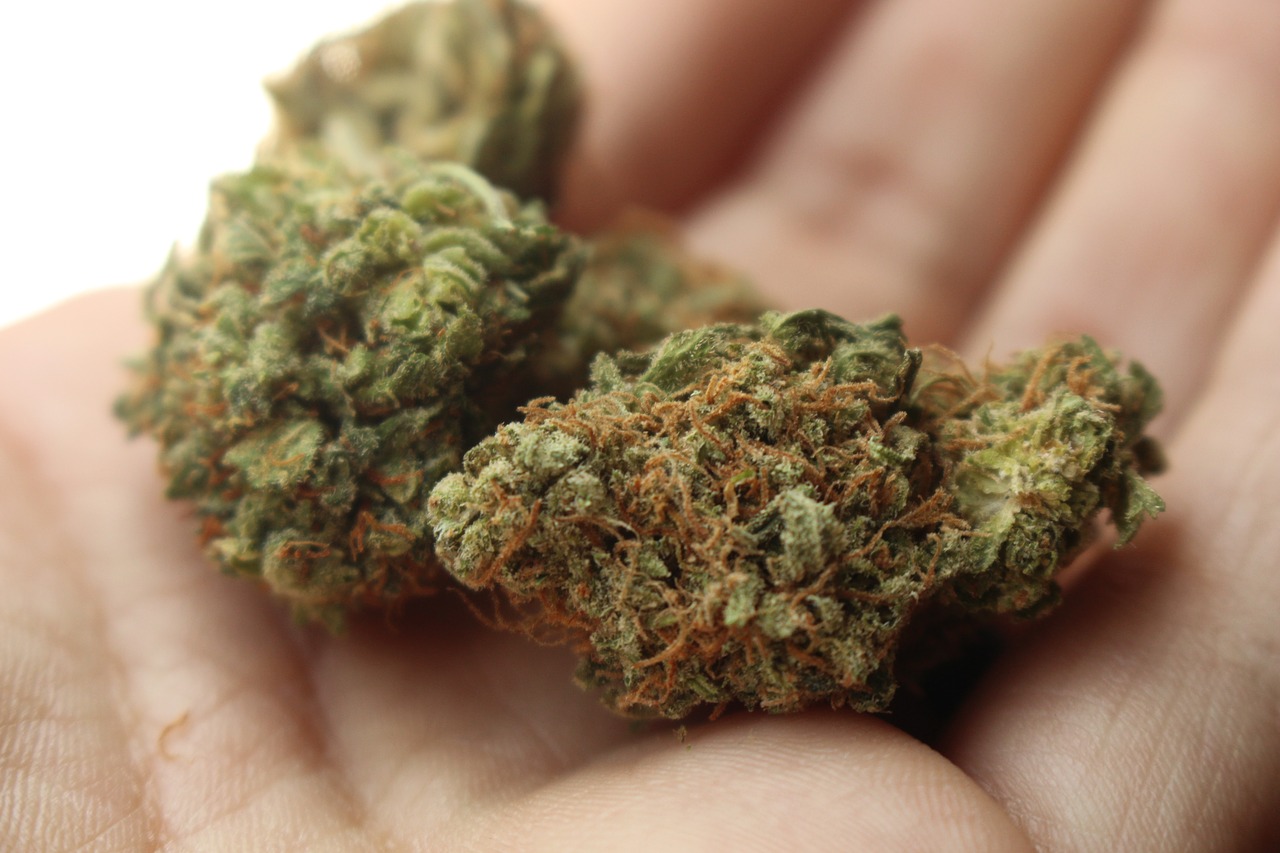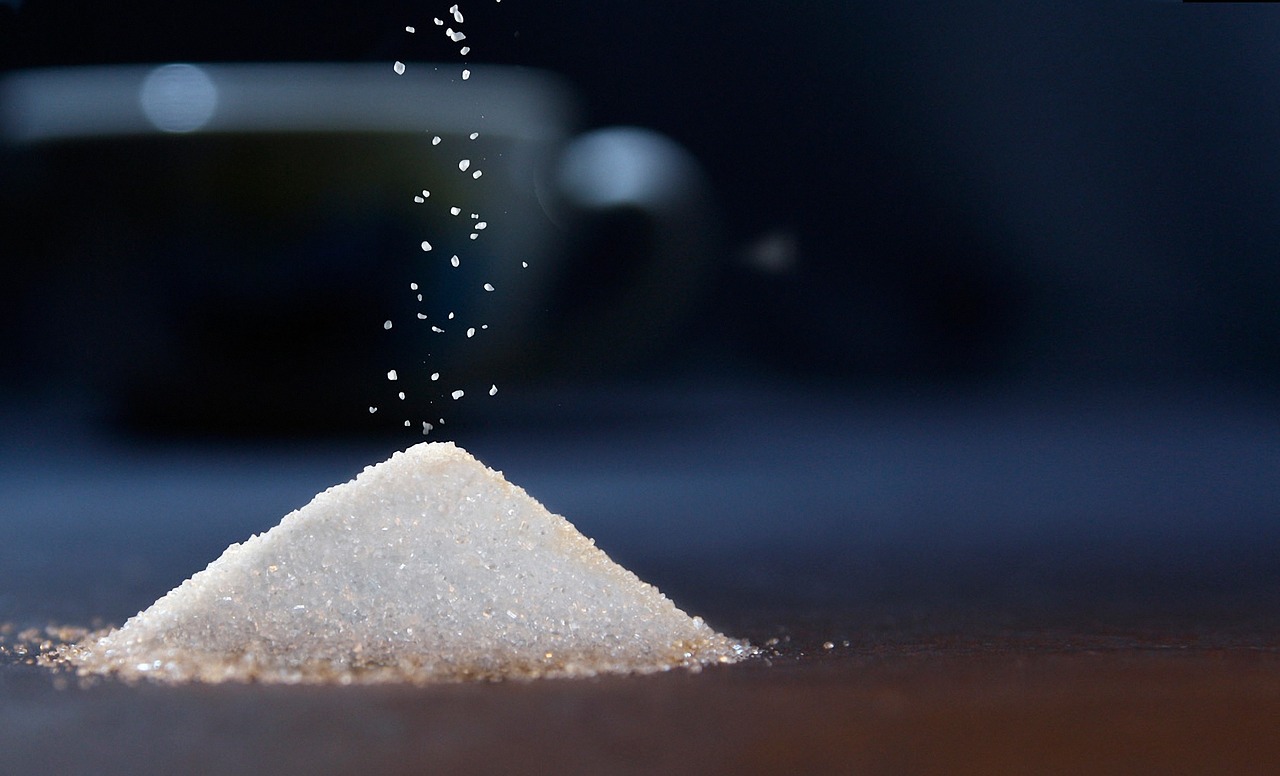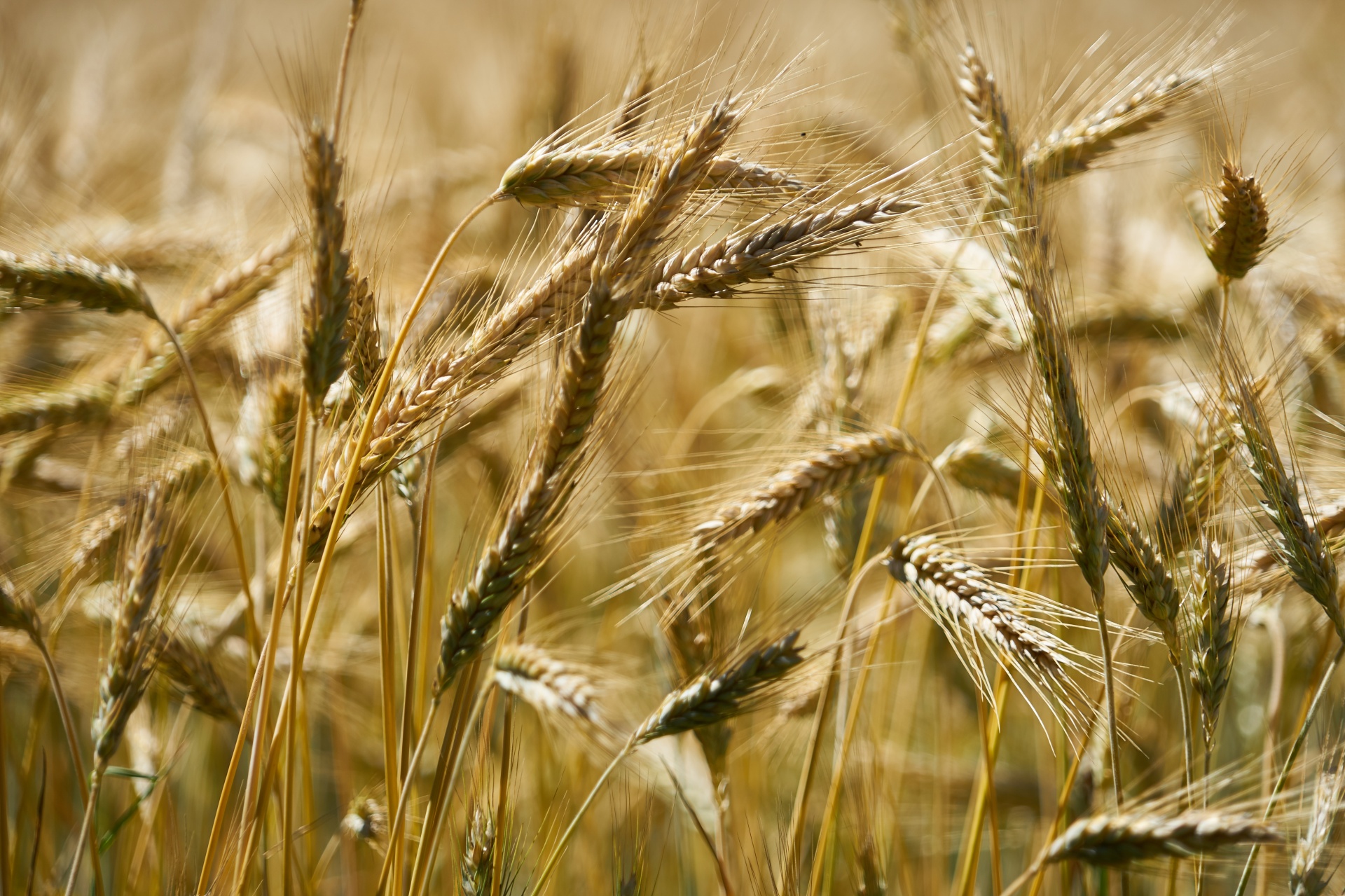Wheat
Photo credit: Richard Revel, Creative Commons Zero.
Introduction
This page explores the science and politics of wheat.
Messages and Resources on Christian Restorative Justice, Environment, and Health
Out of Eden: A Christian Study and Action Guide to Food and the Environment
A practical Study and Action Guide for use by small groups discussion or personal reflection. The guide covers topics that are actionable on the personal and policy levels: sugar’s impact on our bodies and sugar corporations’ truth-telling and accountability, corn and corn subsidies creating over-supply, plastic and its biological impact on animals and humans, the true cost of meat in terms of soil depletion and air pollution, and food waste and the practices which can diminish it.
Other Resources on Wheat
Jeffrey M. Smith and Amy L. Dean, Genetically Modified Foods, Inflammation, and Autoimmune Disease (doctors' research findings)
Dr. William Davis, Wheat: The Unhealthy Whole Grain. The IHMC, Nov 21, 2012. A 65 minute video.
James Hamblin, This is Your Brain on Gluten. The Atlantic, Dec 20, 2013.
Erica Moriarty, Caitlin Cadieux, Tynesha Foreman, Nicolas Pollock, The Right Kind of Flour. The Atlantic, Sep 28, 2016.
Dave Merrill and Lauren Leatherby, Here’s How America Uses Its Land. Bloomberg, Jul 31, 2018.
Max Lugavere, Dementia is Preventable Through Lifestyle. Start Now. TEDxVeniceBeach, Nov 2, 2018. Eating too much wheat, rice, corn, especially processed, causes rise in insulin and fat and brain inflammation. Eating heavy leafy greens is healthy, along with avocados and extra virgin olive oil. Aerobic exercise.
Marlene Cimons, Why Starchy Processed Food Causes Us to Overeat, Gain Weight and Become Ill. Washington Post, Apr 11, 2020.
Sally Wadyka, The Link Between Highly Processed Foods and Brain Health. New York Times, May 4, 2023.
“Roughly 60 percent of the calories in the average American dietcome from highly processed foods. We’ve known for decades that eating such packaged products — like some breakfast cereals, snack bars, frozen meals and virtually all packaged sweets, among many other things — is linked to unwelcome health outcomes, like an increased risk of diabetes, obesity and even cancer. But more recent studies point to another major downside to these often delicious, always convenient foods: They appear to have a significant impact on our minds, too.”
Christian Restorative Justice, Environment, and Health: Topics:
This page is part of our section on the Environment and Health, which explores the following topics:
Christian Restorative Justice Critique of the Right: Domestic Policy Topics:
This page is part of our section Critique of the Right, which engages the following topics:






